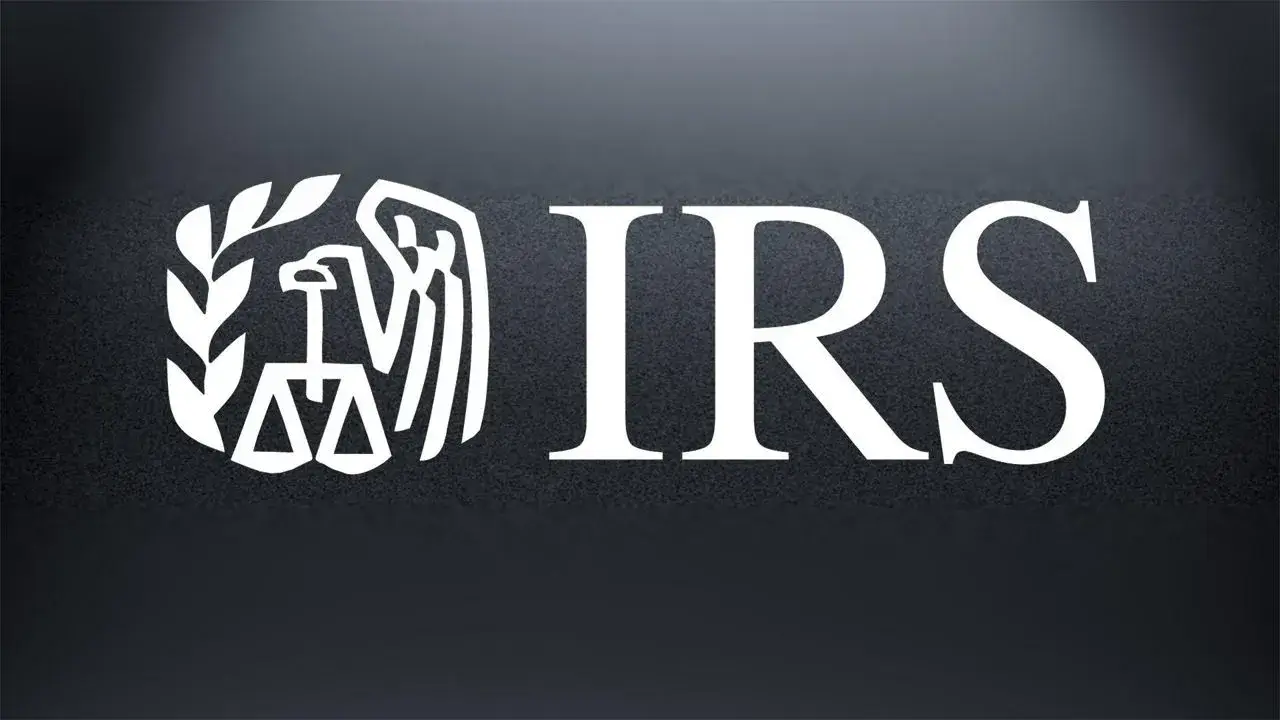U.S. Supreme Court Backs IRS Access to Crypto Exchange Data
01.07.2025 17:00 2 min. read Kosta Gushterov
In a major development for cryptocurrency regulation and user privacy, the U.S. Supreme Court has declined to hear a challenge to the IRS’s authority to collect broad customer data from crypto exchanges.
The Court’s decision, issued Monday, leaves intact a lower court ruling that grants the IRS sweeping access to user information—even without a specific warrant.
IRS Wins Legal Ground in Coinbase Data Case
The case, Harper v. Faulkender (Docket No. 24-922), centered on whether the Internal Revenue Service violated constitutional protections when it obtained bulk customer data from Coinbase. Plaintiff James Harper had argued that the IRS’s data sweep constituted an unreasonable search, in violation of the Fourth Amendment, which guards against invasive government access to personal records without due process.
By denying the petition for writ of certiorari, the Supreme Court effectively endorsed the lower court’s ruling in favor of the IRS—cementing it as legal precedent. This marks a decisive victory for the federal government’s push to increase tax compliance in the fast-growing crypto sector.
What This Means for Crypto Users
The ruling reinforces that crypto accounts on centralized platforms like Coinbase do not enjoy the same privacy protections as personal documents kept at home. In legal terms, once you voluntarily share information with a third party—such as an exchange—you may no longer have a “reasonable expectation of privacy,” which the Fourth Amendment is designed to protect.
This opens the door for the IRS to request and collect transaction records, wallet histories, and user data from crypto platforms, even in the absence of individual suspicion or wrongdoing.
A Broader Shift in Crypto Surveillance
The decision highlights a growing trend: centralized crypto exchanges are becoming gateways for federal oversight. The IRS has already used similar strategies to gather data from exchanges in past enforcement campaigns. Now, with the Supreme Court’s refusal to hear the case, that power is solidified.
Privacy advocates argue that the decision could have far-reaching consequences, not just for crypto traders, but for anyone who uses digital platforms to manage financial assets. Critics warn that the ruling gives the government too much unchecked power, especially in an era where financial surveillance is expanding rapidly.
Final Takeaway
Crypto investors using U.S.-based exchanges should be aware: their data is not shielded by constitutional protections in the way they might expect. With this legal precedent now in place, federal agencies have a clearer path to scrutinize crypto-related financial activity as part of tax enforcement and compliance efforts.
The privacy-versus-security debate in crypto just escalated—and the courts have clearly sided with government access.
-
1
GENIUS Act Clears Senate, Setting Stage for First U.S. Crypto Law
18.06.2025 12:00 1 min. read -
2
Coinbase and Set Gemini to Expand in EU Under MiCA Rules
17.06.2025 13:00 2 min. read -
3
Wall Street Prepares for Stablecoin Integration as Regulatory Path Clears
19.06.2025 11:00 1 min. read -
4
U.S. Senate Moves Closer to Passing Landmark Stablecoin Legislation
17.06.2025 10:00 1 min. read -
5
Bangkok Opens Five-Year Tax Holiday for Crypto Traders
18.06.2025 18:00 2 min. read
Here is When the U.S. House Will Vote on Key Crypto Bills
Following the passage of President Donald Trump’s sweeping tax and spending bill, House Republicans are now setting the stage for a major push on cryptocurrency legislation.
SEC Chairman With Important Comments on Regulation, Crypto, and Trading
U.S. Securities and Exchange Commission (SEC) Chairman Paul Atkins has emphasized the agency’s continued focus on investor protection, addressing insider trading, market manipulation, and the evolving landscape of cryptocurrency regulation.
Arizona Governor Vetoes Bill, Related to State Crypto Reserve Fund: Here Is Why
Arizona Governor Katie Hobbs has officially vetoed House Bill 2324, a legislative proposal that aimed to create a state-managed reserve fund for holding seized cryptocurrency assets.
SEC Explores New Fast-Track Process for Token-Based ETFs
The U.S. Securities and Exchange Commission (SEC) is in the early stages of developing a standardized listing framework for token-based exchange-traded funds (ETFs), according to a July 1 report by journalist Eleanor Terrett.
-
1
GENIUS Act Clears Senate, Setting Stage for First U.S. Crypto Law
18.06.2025 12:00 1 min. read -
2
Coinbase and Set Gemini to Expand in EU Under MiCA Rules
17.06.2025 13:00 2 min. read -
3
Wall Street Prepares for Stablecoin Integration as Regulatory Path Clears
19.06.2025 11:00 1 min. read -
4
U.S. Senate Moves Closer to Passing Landmark Stablecoin Legislation
17.06.2025 10:00 1 min. read -
5
Bangkok Opens Five-Year Tax Holiday for Crypto Traders
18.06.2025 18:00 2 min. read


